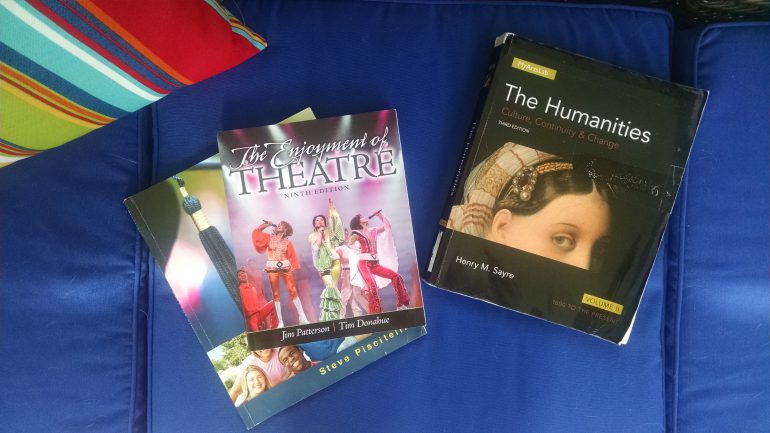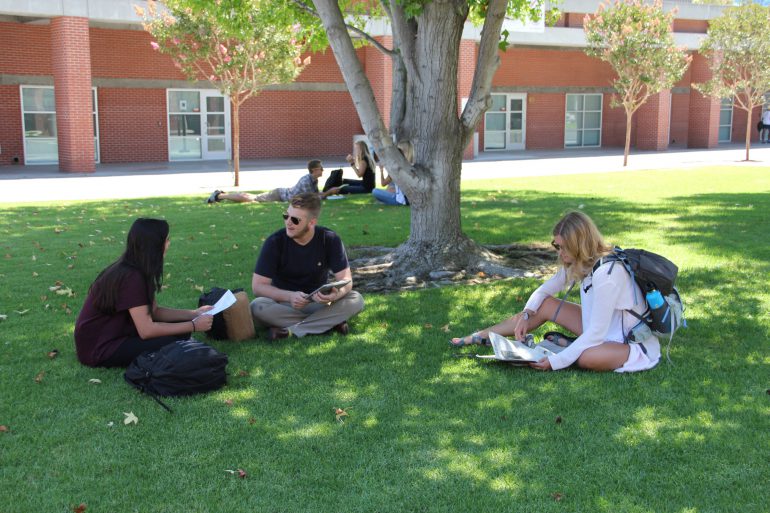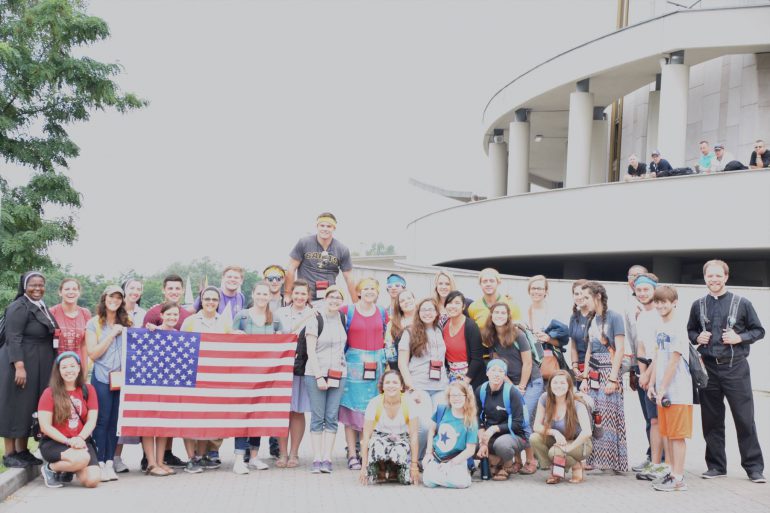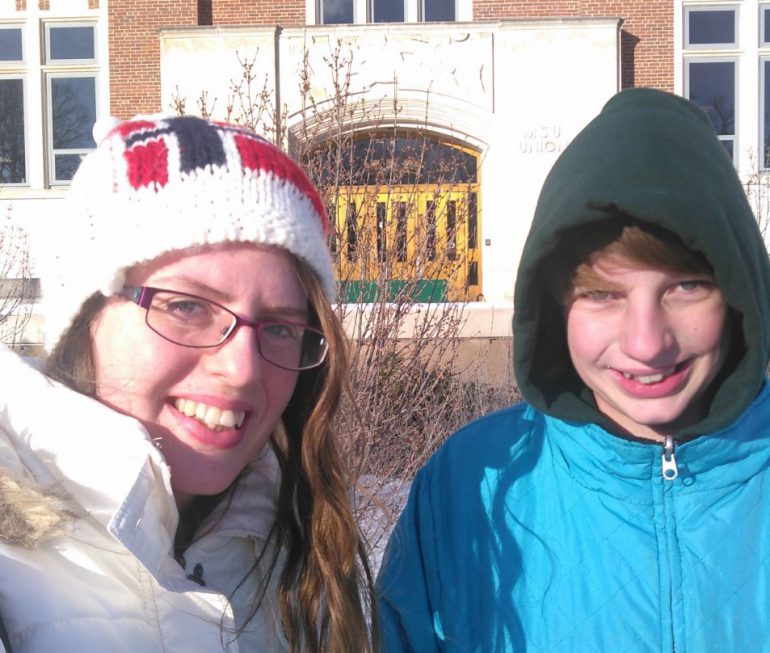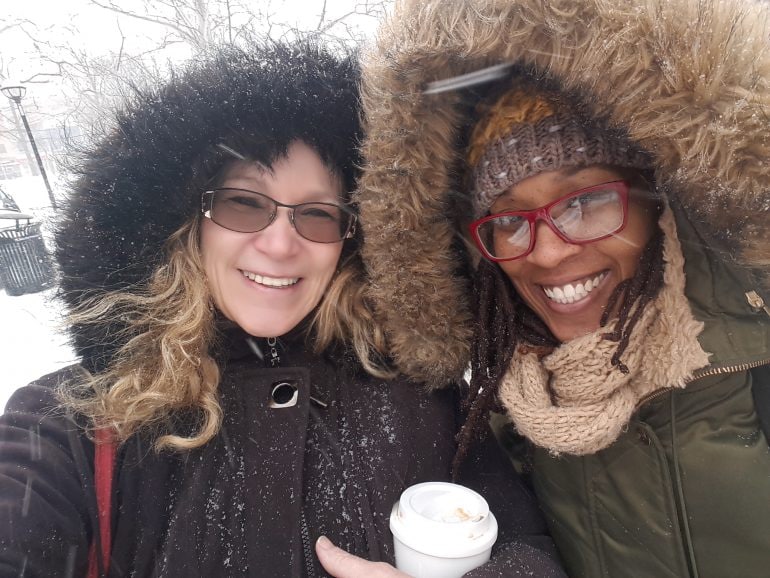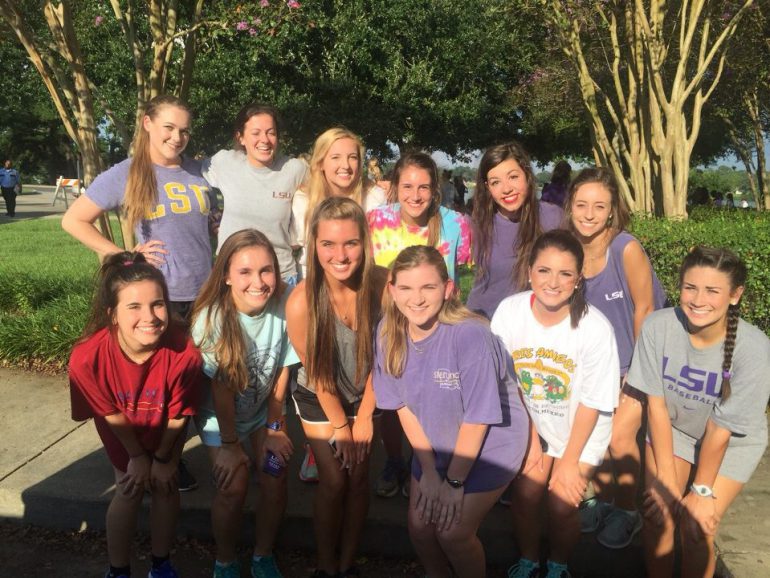
It's All Greek to Me
Despite common misconceptions, there is no cookie cutter Greek man or woman. Every Greek organization is different, and I’d like to share my personal experiences. Each school and chapter has different rules, regulations, values, rituals and characteristics. The popularity of sororities and fraternities in the United States has grown since the 1800’s, and universities around the world have similar systems and organizations.
From the outside looking in, Greek life can seem pretty confusing, and it can be confusing on the inside as well. I do not understand everything that my sorority does. Some of the rituals and traditions seem old fashioned, but being part of a tradition that has been in place for over a century is an incredible feeling. It is a bond that I share with my sisters. Yes our organization’s crest is unusual, and the motto may or may not translate to what Wikipedia says, but knowing the true meanings and values expressed in these gives me a sense of pride in the organization. And it’s just fun knowing the secret.
Here is a small but realistic list for Greek Life to try to give you a better understanding:
Dues
Dues can get a bit pricey, but like all things Greek, they are different from chapter to chapter. People often think that in Greek life you are “paying for your friends.” In my opinion, I’m not paying for my friends, I am paying for fun things I can do with my friends: philanthropy events, family weekends, movie nights, lunch in our chapter’s house, exchanges, and so much more. Events big enough to host over 300 people (the size of my chapter) are going to be costly. The best thing about dues is that most chapters are willing to work with you through a payment plan or some other form of assistance.
Membership
I “know” everyone in my sorority but I only truly have a connection with about 50. But even if I knew everyone, there is no possible way to make 300 girls get along with each other and be best friends. It’s just not possible. Like I said before, there is no cookie cutter Greek man or woman; there are countless personality types and sometimes clashes come with this diversity. The inevitable fact is that you will not like everyone, but being in that organization exposes you to those people you would have never met without that common bond. Each person is unique and there is a place for everyone; it just may not be next to you at Monday’s chapter meeting.
Time commitment
Speaking of meetings, there are a lot of them. I didn’t realize the time commitment being in a sorority requires. Weekly meetings, committee assignments, recruitment and leadership workshops, volunteer hours and mandatory event shifts start to add up after a while. Before you know it the semester will end, but you’ll look back and be proud of everything you and your chapter have accomplished.
Academics
The average GPA of Greek men and women is usually higher than the campus average. Greek organizations have academic requirements for members to remain active. Older members often offer advice on which classes to take and what professors to avoid. Some chapters have peer tutors and academic mentors to help members achieve their academic goals.
Being a member of a sorority has changed my college experience. I’ve found that the benefits of Greek life far outweigh the costs. I have met so many wonderful, confident, kind-hearted women and have been able to grow as a leader, a student and a friend. Greek life has pushed me out of my comfort zone and helped me to break out of my shell. It has given me lifelong friends and a network of people I can count on both now and in the future.
